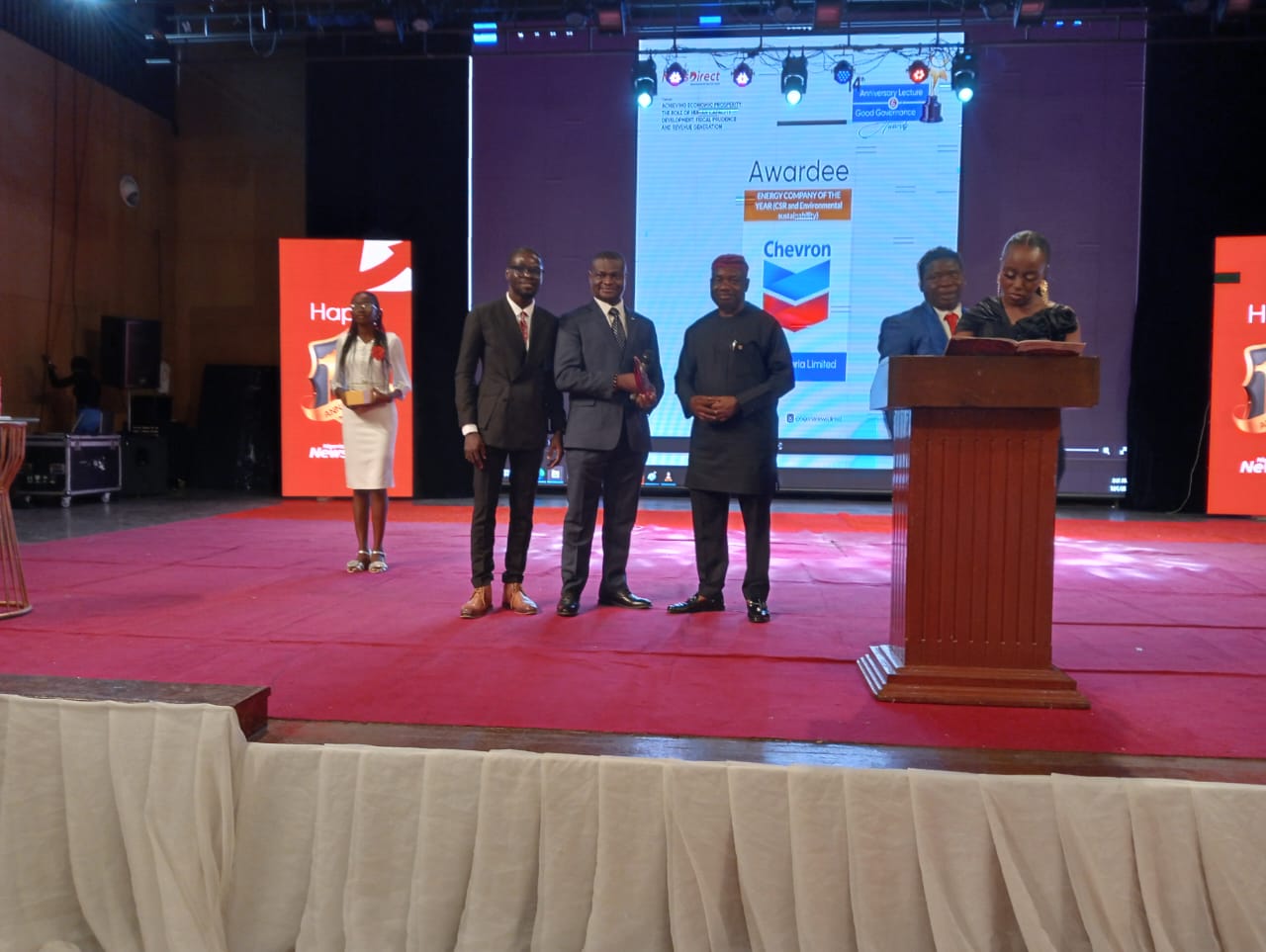Energy
EU fund rural electrification projects with $129.2 million

BRUSSELS – European Commission Development Commissioner, Andris Piebalgs, today reveal the 16 energy projects which will receive $129.2 million (€95 million) funding, thanks to the EU’s new rural electrification programme.
The projects include hydro, wind, solar and biomass projects across nine African countries.
The projects will address energy challenges in rural areas and are part of the EU’s last Energy Facility Call for Proposals, which focused specifically on improving access to modern, affordable and sustainable energy services for rural poor, by promoting renewable energy solutions as well as on energy efficiency measures building on proven successful actions.
The Commissioner will announce the results at the New Business Models for Bringing Sustainable Energy to the Energy Poor event in New York today, part of the UN Annual Sustainable Energy for All (SE4ALL) Forum.
Ahead of the event, Commissioner Piebalgs said: “These innovative projects are a real step forward in terms of bringing energy to some of the most remote and poor areas in Africa. The benefits of rural electrification are manifold – by connecting people to clean energy, we’ll improve healthcare, education, and opportunities to make a living in the area.”
The event marks the second anniversary since the Sustainable Energy for All Summit, which took place in Brussels in April 2012, where the European Commission President, Jose Manuel Barroso, set the ambitious goal of helping developing countries provide access to sustainable energy services to 500 million people by 2030.
Today’s announcement is only part of the overall EU effort in tackling energy poverty and creating an enabling environment for growth. The EU aims to allocate more than 3 billion euro worth of grants in the 2014-2020 financial period to support sustainable energy projects in about 30 countries that see energy as a focal sector for development. This will leverage between 15 and 30 billion euro in loans and equity investment, thus enabling to plug the gaps in energy infrastructure projects and power businesses, schools, homes and hospitals.
In addition, infrastructure projects financed through our innovative blending instruments and the Technical Assistance Facility available for all Sub-Saharan African countries are already delivering results and contributing to the EU support for Sustainable Energy for All objectives. Worldwide, about 1.3 billion people have no access to electricity. Up to a billion more have access only to unreliable electricity networks. More than 2.6 billion people rely on solid fuels (i.e. traditional biomass and coal) for cooking and heating.
Through co-financing support by applicants, these €95 million-worth actions will be translated into projects costing more than €155 million. They will help to bring electricity to more than 2 million people in African rural areas.
The projects chosen include a hydroelectric project in the Ludewa District, Tanzania, which will provide energy to 20 isolated villages; benefitting 4,000 households, 43 primary and secondary schools (about 16,000 students); one hospital and 19 dispensaries, over 500 small businesses and farmers from across the region and an eco-electrification project in Burkina Faso, which will reach 100,000 people, as well as health centres and schools.
Today’s event, hosted by the European Commission, will include the United Nations Development Progamme (UNDP) Administrator Helen Clark and Dr Kandeh Yumkella, UN Secretary General Special Representative and Chief Executive Officer of Sustainable Energy for All, among others. The idea behind the event is to showcase our common efforts in the fight against energy poverty, to provide the ground for the exchange of best practices and lessons learnt, and to share views on new business models that could make for enhanced cooperation between donors, the private sector, civil society and governments.
Energy
Dangote Partnership: MRS Urges Nigerians To Insist On N935/Litre Petrol Price Nationwide

MRS Oil Nigeria Plc, a prominent player in the Nigerian downstream oil industry, has implemented a new petrol price of N935 per litre across all its retail service stations nationwide.
The company has also called on Nigerians to monitor and report any outlets that fail to adhere to the new price structure.
Biztellers reports that this is consequent upon an announcement by the President of Dangote Industries Limited, Aliko Dangote, that the Dangote Petroleum Refinery has partnered with MRS Oil and Gas to offer petrol at N935 per litre at retail outlets, following a reduction in the ex-depot price from N970 to N899.50 per litre.
ALSO READ: Dangote Slashes PMS Price To N899.50k
It was gathered that MRS Oil Nigeria Plc has instructed all its outlets to implement the new price immediately, setting up a digital platform and monitoring team to ensure full compliance.
In a statement on Monday night, the company declared, “Petrol is now being sold at N935 at MRS Filling Stations nationwide. If you find any station not following this price, please report it. Call 08009447853 or email: NG-FMKPMGWHISTLEBLOWING@NG.KPMG.COM”
Emphasising the eco-friendly nature of its products, MRS Oil added, “We call on all petrol station owners to join MRS Oil Nigeria Plc in improving the supply chain of our beloved country, ensuring product quality and availability in every corner of Nigeria for the benefit of all Nigerians.”
In Lagos, commuters were seen queuing at MRS filling stations to purchase petrol, with many expressing their gratitude to the Dangote Petroleum Refinery and MRS Oil and Gas, urging other marketers to support the indigenous refinery rather than import off-spec products into the country.
A commuter at the MRS station at Alapere on the Lagos Ibadan Express way, Ibukun Phillips, could not hide her joy as her husband filled up their car.
“I am very happy today. This is a victory for Nigeria,” she said. “The price reduction is the best gift of the season. But beyond just the reduction, we are buying standard, eco-friendly petrol at a lower rate. My husband and I have decided we will only be using MRS from now on because we are confident in the quality of the product and supporting the economy.”
A commercial bus driver, Adio Ajibade described the price reduction as a great relief, especially during the festive season.
“The reduction is a great relief. It will reduce transportation costs and benefit Nigerians. God will continue to bless Alhaji Aliko Dangote,” he said.
A public affairs analyst and university lecturer, Dr. Tunde Akanni, said the collaboration between Dangote Petroleum Refinery and MRS Oil represents a significant step towards improving the affordability, quality, and sustainability of petroleum products in Nigeria.
According to Dr. Akanni, “this move will not only help ease the financial burden on Nigerians but also promote a more environmentally conscious approach to fuel consumption, benefitting both the economy and public health in the long term.”
Energy
FDI: Shell To Invest Billions Of Dollars On Nigeria’s Bonga North Oil Field

As a direct implication of the Federal Government’s Foreign Direct Investment drive, the Royal Dutch Shell has completed the final investment decision on the deep offshore Bonga North project in Nigeria.
Biztellers reports that the Bonga North will be a subsea tie-back to the Shell-operated Bonga Floating Production Storage and Offloading (FPSO) facility which Shell operates with a 55% interest.
Shell’s Integrated Gas and Upstream Director, Zoë Yujnovich, said, “This is another significant investment, which will help us to maintain stable liquids production from our advantaged Upstream portfolio”.
ALSO READ: OGUNCCIMA Commends Dangote Refinery’s Impact
It was gathered that the Bonga North project involves drilling, completing, and starting up 16 wells (8 production and 8 water injection wells), modifications to the existing Bonga Main FPSO and the installation of new subsea hardware tied back to the FPSO.
The company is optimistic that the project will sustain oil and gas production at the Bonga facility.
The Bonga North currently has an estimated recoverable resource volume of more than 300 million barrels of oil equivalent (boe) and will reach a peak production of 110,000 barrels of oil a day, with first oil anticipated by the end of the decade.
In addition, the Bonga North will help ensure Shell’s leading Integrated Gas and Upstream business continues to drive cash generation into the next decade.
Energy
Chevron Nigeria Bags ‘Energy Company Of The Year For Environmental Sustainability And CSR

Chevron Nigeria Limited (CNL), has received an award as “Energy company of the year (2024)” for its Environmental Sustainability and Corporate Responsibility accomplishments.
The award presented by the Nigerian News Direct newspaper, on Friday December 6, 2024, and was received by Manager Communications, Chevron Nigeria and Mid-Africa Business Unit, Victor Anyaegbudike, at a colourful event at the Grand Ballroom of the Oriental Hotel, Lagos.
ALSO READ: Stakeholders Hail NCDMB As Local Content Level Hits 56%
The organizers of the award noted that Chevron has implemented the “Protecting People and the Environment” policy, which aims at preventing injuries, illnesses, and environmental incidents. They also referenced that the company has achieved 97% gas flaring reduction in its operations in Nigeria, while implementing waste management and environmental conservation programs.
According to the media organization, Chevron Nigeria has also invested millions of dollars in community development programs, supporting education, health and economic development initiatives that have benefited thousands of people, while ensuring diversity, inclusion, and employee engagement in its business operations.
Receiving the award from the Lagos State Commissioner for Information and Strategy, Gbenga Omotosho, Anyaegbudike thanked the organizers for the honour, and reiterated Chevron’s commitment to continue to develop, affordable, reliable and ever-cleaner energy that enables human progress around the world.















